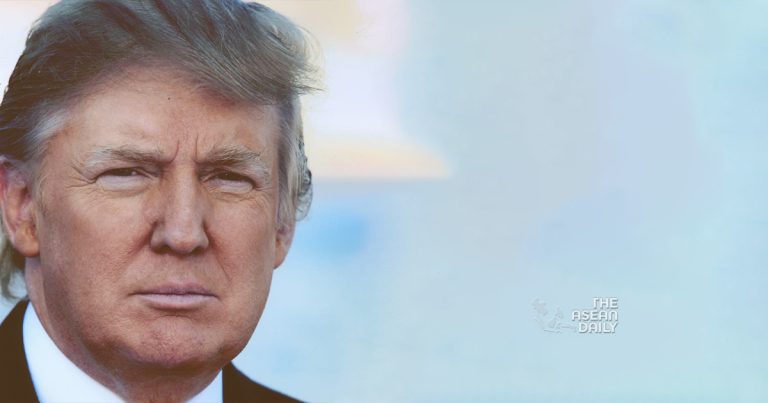31-8-2023 (WASHINGTON) In a recent court filing by New York’s Attorney-General, it has been alleged that Donald Trump and his company artificially inflated the value of his assets by up to a staggering $2.2 billion (equivalent to £1.65 billion or S$2.97 billion), further intensifying the legal turmoil surrounding the former United States president.
The Attorney-General, Letitia James, has called for a judge to hold Trump accountable for fraud prior to the commencement of a trial scheduled for October. According to her, there is “undisputed” evidence indicating that the values were inflated from 2011 to 2021. She contends that this compelling evidence should warrant a “summary judgment” in the state’s lawsuit filed in 2022, which alleges a pattern of “persistent and repeated” fraud perpetrated by Trump and his Trump Organization.
Even if the judge rules Trump liable for fraud, the trial will proceed with other allegations made by the state, which include the falsification of business records and the issuance of false financial statements.
It’s crucial to note that this trial is unrelated to the four criminal prosecutions that Trump currently faces. While civil cases do not carry the risk of imprisonment, a loss for Trump in the fraud lawsuit could result in a substantial $250 million payout to the state. Additionally, it could entail a ban on Trump from serving as a director of any New York-based company.
Notably, Trump’s adult sons, Donald Trump Jr. and Eric Trump, are also named as defendants in this case.
Trump, who harbors aspirations to return to the White House in 2024 and remains the front-runner within the Republican Party, vehemently denies any wrongdoing. He maintains that all the lawsuits and prosecutions against him are part of a coordinated “witch hunt” orchestrated by Democrats to undermine his political ambitions.
As of now, Trump’s legal team has not issued an immediate response to the recent developments in the case.
Letitia James’ filing asserts that the key to winning summary judgment on the fraud claim is to demonstrate that Trump’s statements regarding his financial condition were misleading and false for an entire decade. Furthermore, it must be shown that he used these statements “repeatedly or persistently” in various business transactions. She confidently asserts that there is a wealth of “undisputed evidence” supporting these claims.
To reinforce her request, Letitia James has included Trump’s testimony from an April deposition in the case. During this deposition, Trump acknowledged that his involvement in the company dwindled significantly in 2015 when he embarked on his first presidential campaign. He stated that his “role was gone” and that he was rarely involved in company matters, reflecting his shifting priorities towards his presidential bid.
Trump further asserted that his responsibilities as President of the United States took precedence over his business interests, including his diplomatic efforts with North Korea. He defended his focus on the presidency, claiming that it was the “most important job in the world,” critical for preventing catastrophic events like nuclear conflicts.
As this legal battle unfolds, the spotlight remains firmly fixed on the former president, and the October trial promises to be a pivotal moment in his post-presidential career.




